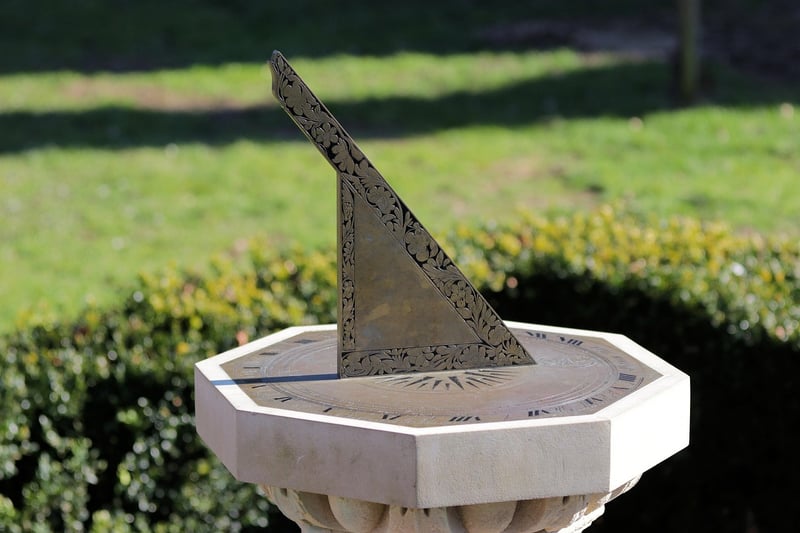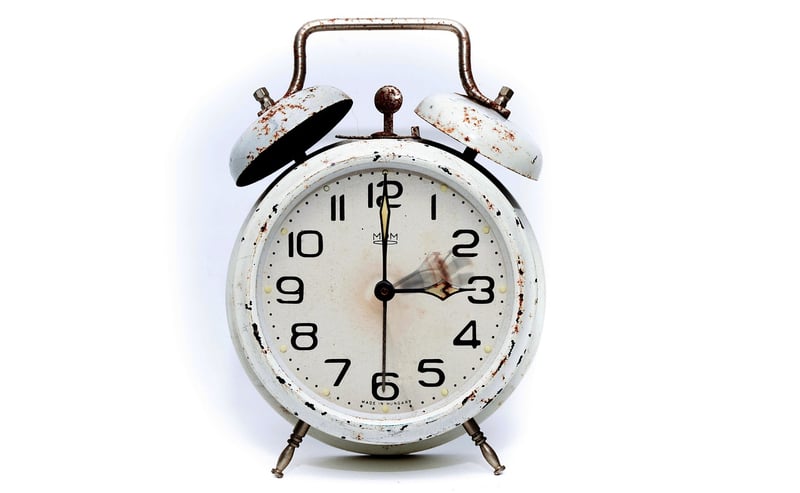Temporal Dilemmas
Exploring Time Periods and Temporal Dilemmas
Time, a concept both fascinating and enigmatic, has captured the imagination of humans for centuries. From ancient civilizations marking the passage of days to modern physicists delving into the nature of spacetime, time remains a profound mystery. In this article, we will delve into different time periods and explore some intriguing temporal dilemmas that have puzzled both scientists and philosophers.
Ancient Timekeeping
Ancient civilizations like the Egyptians, Mesopotamians, and Greeks developed various methods to track time. The sundial, water clock, and hourglass were some of the early timekeeping devices that helped people organize their daily lives and activities.

Medieval Times
The medieval period in Europe saw the emergence of mechanical clocks in monasteries and town squares. These clocks revolutionized timekeeping and played a crucial role in the development of modern horology.

Industrial Revolution and Beyond
The Industrial Revolution marked a significant shift in how societies viewed and used time. The standardization of time zones, the invention of the pocket watch, and later the wristwatch, transformed time into a valuable and quantifiable commodity.

Temporal Dilemmas
As we navigate the complexities of time, we encounter various temporal dilemmas that challenge our understanding of the universe. Concepts like time travel, causality, and the arrow of time provoke thought-provoking debates among physicists and philosophers.
Time Travel Paradoxes
The grandfather paradox, bootstrap paradox, and twin paradox are just a few examples of mind-bending scenarios that arise when contemplating time travel. These paradoxes raise questions about causality, free will, and the very fabric of reality.
Arrow of Time
The arrow of time refers to the asymmetry of time's flow, where events move in a particular direction from past to future. The mystery of why time only moves forward, known as the arrow of time, continues to puzzle scientists and philosophers alike.
Time Dilation
Time dilation, a phenomenon predicted by Einstein's theory of relativity, suggests that time can stretch or contract depending on an observer's relative motion or gravitational field. This concept challenges our intuitive understanding of time as a constant and universal measure.
Exploring time periods and temporal dilemmas not only broadens our perspective on the nature of time but also invites us to ponder the profound mysteries that lie at the heart of existence.
Join us on this journey through the epochs and paradoxes of time, where each moment is a gateway to deeper insights into the enigmatic realm of temporality.
